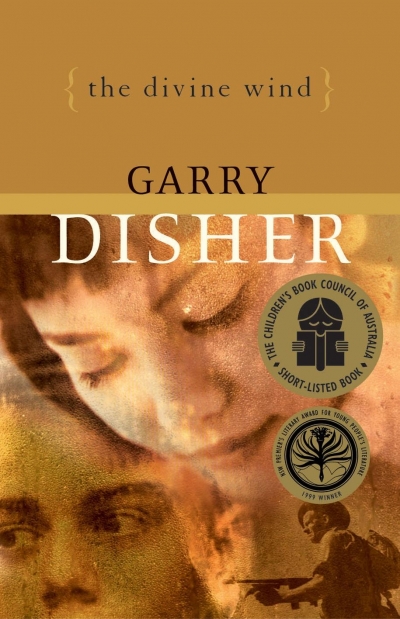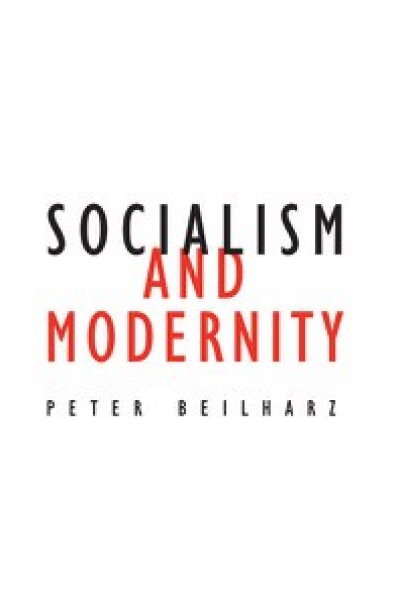Accessibility Tools
- Content scaling 100%
- Font size 100%
- Line height 100%
- Letter spacing 100%
Current Issue
Short story
Jolley Prize 2017 (Winner): 'Pheidippides' by Eliza Robertson
At the first interview, I sat in a plastic canteen chair while Berkeley lay under a towel and a woman with spiked hair dug into the cords of his thigh. He rested his chin on his forearms so he could talk, his eyes boring into my notebook, as if he could read the questions upside-down from the massage table. His blonde eyebrows faded into his skin and made his forehead look overdeveloped ...
Commentary
Epiphany: The education of an operamane
It is a truth, maybe not universally acknowledged but a truth nonetheless, that epiphanies tend to happen earlier rather than later in one’s life. Soul-shattering, life-changing experiences occur more regularly when the soul is tender enough to be shattered and the life malleable enough to be changed.
The ABR Podcast
PODCAST
The ABR Podcast
The ABR Podcast is released every Thursday and features reviews, poetry, fiction, interviews, and commentary. Subscribe via iTunes, Google, or Spotify, or your favourite podcast app.
Interview
Open Page with Gideon Haigh
Interview
Chris Feik is Publisher of the Month
Interview
Kent MacCarter is Poet of the Month
From the Archive
Open Page with Linda Jaivin
I have broad tastes: Jimmy Little, Sufjan Stevens, Frank Sinatra, Radiohead, P.J. Harvey, Lorde, Gurrumul, Powder-finger, Karma County, Sex Pistols, Paris Combo … I’d like to be able to drop some more highbrow names into the mix, but honestly I never listen to Mozart or Bach.
From the Archive
The Divine Wind by Garry Disher
Ten years ago historical novels were an unwanted rarity in Australian children’s publishing. Instead, there was a vogue for time-slip novels where a contemporary kid went travelling back into the past, as though history would be too hard for younger readers to handle without some sort of tour guide.
From the Archive
Socialism and Modernity by Peter Beilharz
Over the past three decades, Peter Beilharz has carved out an important space in Australian social and socialist theory. Co-founder of the journal Thesis Eleven, Beilharz’s work ranges from studies of Australian labourism and European social democracy to more general works in socialist and social democratic theory. Alongside these he has written two important works addressing the themes of culture and modernity. One of them is a study of Bernard Smith (Imagining the Antipodes, 1997) and the other is on the Polish émigré sociologist Zygmunt Bauman (2000). The essays collected in Beilharz’s latest volume cover much of his intellectual journey over a period of twenty-five years ‘from socialism, to modernity, via Americanism’, as he titles his introduction. Beilharz well understands that the art of the essay is conversation rather than argument, raising possibilities rather than seeking a single answer. All the essays – engaging, learned, and undogmatic – reflect the kind of pluralistic and open-ended politics that Beilharz is concerned to promote.


























